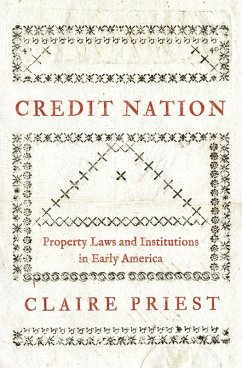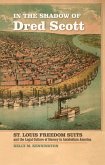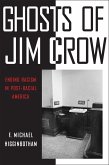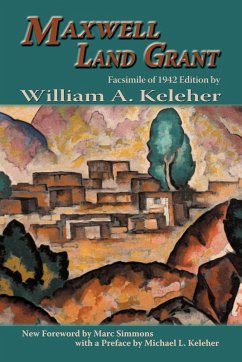How American colonists laid the foundations of American capitalism with an economy built on credit
Even before the United States became a country, laws prioritizing access to credit set colonial America apart from the rest of the world. Credit Nation examines how the drive to expand credit shaped property laws and legal institutions in the colonial and founding eras of the republic.
In this major new history of early America, Claire Priest describes how the British Parliament departed from the customary ways that English law protected land and inheritance, enacting laws for the colonies that privileged creditors by defining land and slaves as commodities available to satisfy debts. Colonial governments, in turn, created local legal institutions that enabled people to further leverage their assets to obtain credit. Priest shows how loans backed with slaves as property fueled slavery from the colonial era through the Civil War, and that increased access to credit was key to the explosive growth of capitalism in nineteenth-century America.
Credit Nation presents a new vision of American economic history, one where credit markets and liquidity were prioritized from the outset, where property rights and slaves became commodities for creditors' claims, and where legal institutions played a critical role in the Stamp Act crisis and other political episodes of the founding period.
Even before the United States became a country, laws prioritizing access to credit set colonial America apart from the rest of the world. Credit Nation examines how the drive to expand credit shaped property laws and legal institutions in the colonial and founding eras of the republic.
In this major new history of early America, Claire Priest describes how the British Parliament departed from the customary ways that English law protected land and inheritance, enacting laws for the colonies that privileged creditors by defining land and slaves as commodities available to satisfy debts. Colonial governments, in turn, created local legal institutions that enabled people to further leverage their assets to obtain credit. Priest shows how loans backed with slaves as property fueled slavery from the colonial era through the Civil War, and that increased access to credit was key to the explosive growth of capitalism in nineteenth-century America.
Credit Nation presents a new vision of American economic history, one where credit markets and liquidity were prioritized from the outset, where property rights and slaves became commodities for creditors' claims, and where legal institutions played a critical role in the Stamp Act crisis and other political episodes of the founding period.
Dieser Download kann aus rechtlichen Gründen nur mit Rechnungsadresse in A, D ausgeliefert werden.









